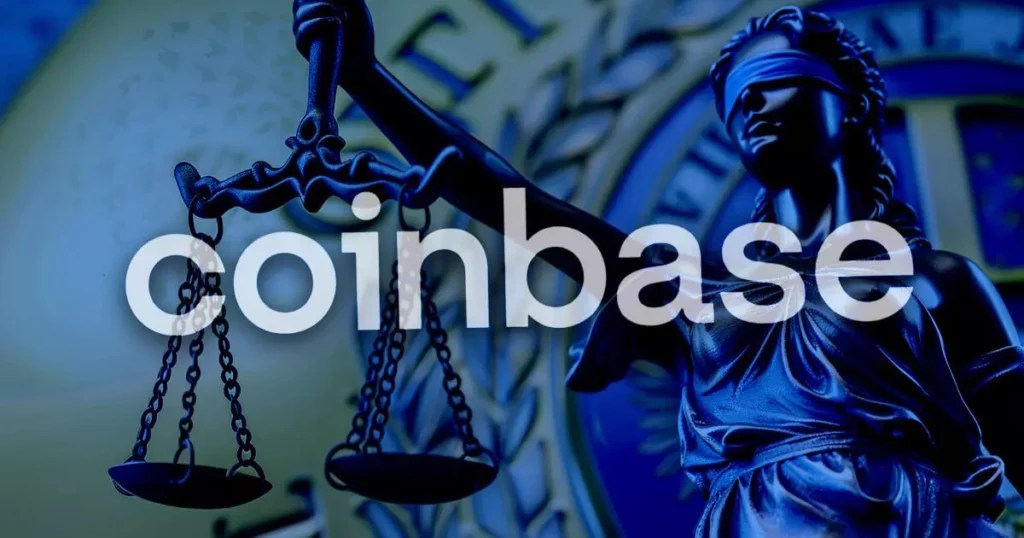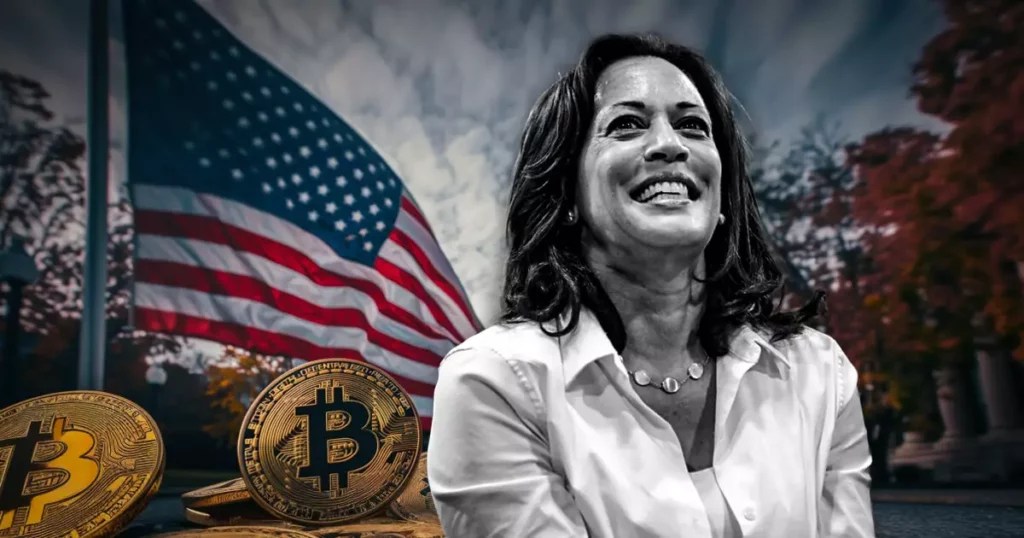Category: Regulation

Vietnam’s National Blockchain Strategy: A Vision for the Future
In a significant development dated October 23, Vietnam revealed its National Blockchain Strategy, which lays out an ambitious plan aimed at transforming the country into a leading hub for blockchain research, application, and innovation by the year 2030. This strategic announcement not only highlights the Vietnamese government’s recognition of blockchain technology’s critical role in the…

The UK’s Regulatory Landscape for Cryptocurrency: A Balancing Act
The United Kingdom’s Financial Conduct Authority (FCA) has come under scrutiny for its stringent policies regarding cryptocurrency. In an article penned by Val Smith, the authority’s head of payments and digital assets, concerns have been raised that these regulations might hinder innovation and damage the UK’s standing in the global financial arena. However, the FCA…

Revolutionizing Crypto: The Impact of MiCA Regulation in Europe
The landscape of cryptocurrency is undergoing a seismic shift, particularly within the European Union (EU). Since the introduction of the Markets in Crypto-Assets (MiCA) regulation in 2020, a narrative has emerged that positions Europe as a trailblazer in cryptocurrency oversight, rather than merely a participant lagging behind the United States and Asia. This pioneering regulation…

Harmonizing DeFi and Traditional Finance: A Framework for the Future
The rapid ascendance of decentralized finance (DeFi) has captivated the financial world, prompting numerous dialogues about its potential to upend traditional financial systems. Yet, recent insights from Federal Reserve Governor Christopher Waller suggest that rather than replacing traditional finance, DeFi is set to coalesce with it, forming a more harmonious and efficient financial ecosystem. Speaking…

Strengthening Cybersecurity in the Crypto Sector: A Call to Action
In light of escalating cyber threats, the European Securities and Markets Authority (ESMA) has urged EU legislators to fortify regulatory frameworks surrounding cryptocurrencies. This recommendation, published by the Financial Times on October 16, emphasizes the necessity of conducting rigorous external cybersecurity audits for companies operating within this rapidly evolving sector. With consumer security increasingly jeopardized…

Coinbase’s Legal Battle: Challenging SEC Over Transparency in Crypto Regulation
In a significant escalation of its ongoing legal confrontation with the US Securities and Exchange Commission (SEC), Coinbase has recently filed a motion for partial summary judgment. This move aims to secure access to internal SEC documents that may provide insights into the agency’s enforcement strategies regarding the cryptocurrency sector. At its core, this lawsuit…

The Crypto Surge: A Response to Regulatory Framework and Investor Sentiment
On October 14, 2024, cryptocurrency markets witnessed a significant upsurge, catalyzed by Vice President Kamala Harris unveiling a new regulatory framework aimed at digital assets. This initiative is emblematic of increasing recognition from governmental figures regarding the role of cryptocurrencies in the modern financial landscape. Industry experts, such as Matt Hougan from Bitwise, view this…

Crypto.com Takes a Stand Against SEC’s Expanded Authority
In a significant legal move, Crypto.com has initiated a lawsuit against the U.S. Securities and Exchange Commission (SEC) as of October 8, 2023. This action emerges amidst growing tensions between cryptocurrency firms and regulatory bodies, with Crypto.com positioning itself as a key player in a contentious battle for the future of crypto regulation within the…

Assessing the Future of Crypto: A Comparative Analysis of Presidential Policies
As the 2024 presidential election continues to unfold, the implications of potential candidates’ policies on the burgeoning cryptocurrency sector are becoming a focal point for analysts and investors alike. Alex Thorn, head of research at Galaxy Digital, has provided a detailed ‘policy scorecard’ that encapsulates the stances of various candidates towards the crypto industry. The…

The Ripple-SEC Legal Battles: An Analysis of Appeals and Market Implications
The ongoing legal friction between Ripple Labs and the U.S. Securities and Exchange Commission (SEC) continues to shape the cryptocurrency regulatory landscape. As both entities prepare for a significant cross-appeal, it raises questions not just about the future of Ripple but also about regulatory clarity in the broader crypto space. This article unpacks the implications…

Understanding Senator Bill Hagerty’s Proposed Framework for Stablecoins
The realm of stablecoins has garnered significant attention in the financial sector, especially as digital currencies continue to reshape payment systems. Responding to the burgeoning demand for regulatory clarity within this sector, Senator Bill Hagerty of Tennessee has introduced a discussion draft of proposed legislation aimed at establishing a robust framework for stablecoin issuance. This…

Cumberland DRW Faces SEC Charges: The Intersection of Regulatory Compliance and Crypto Innovation
The tumultuous landscape of cryptocurrency trading has once again witnessed a significant skirmish between innovative financial models and regulatory authority. On October 10, the U.S. Securities and Exchange Commission (SEC) instituted charges against Cumberland DRW, a prominent Chicago-based cryptocurrency market maker, for allegedly engaging in activities as an unregistered securities dealer. Such regulatory actions are…

Reevaluating SEC’s Role in Cryptocurrency Regulation: The Path Forward
The landscape of cryptocurrency regulation in the United States has become a contentious topic among industry leaders and lawmakers alike. With the rapid evolution of digital assets, regulatory bodies such as the Securities and Exchange Commission (SEC) are grappling to define their oversight roles. Recently, SEC Commissioner Mark Uyeda publicly criticized the agency’s existing strategy,…

South Korea’s Initiative to Regulate the Cryptocurrency Market: The Formation of the Virtual Asset Committee
On October 10, the Financial Services Commission (FSC) of South Korea revealed plans to establish a Virtual Asset Committee aimed at managing the approval process of spot cryptocurrency exchange-traded funds (ETFs). This development comes amid a burgeoning interest in cryptocurrencies within the country, combined with the need for more stringent regulatory oversight to address the…






























